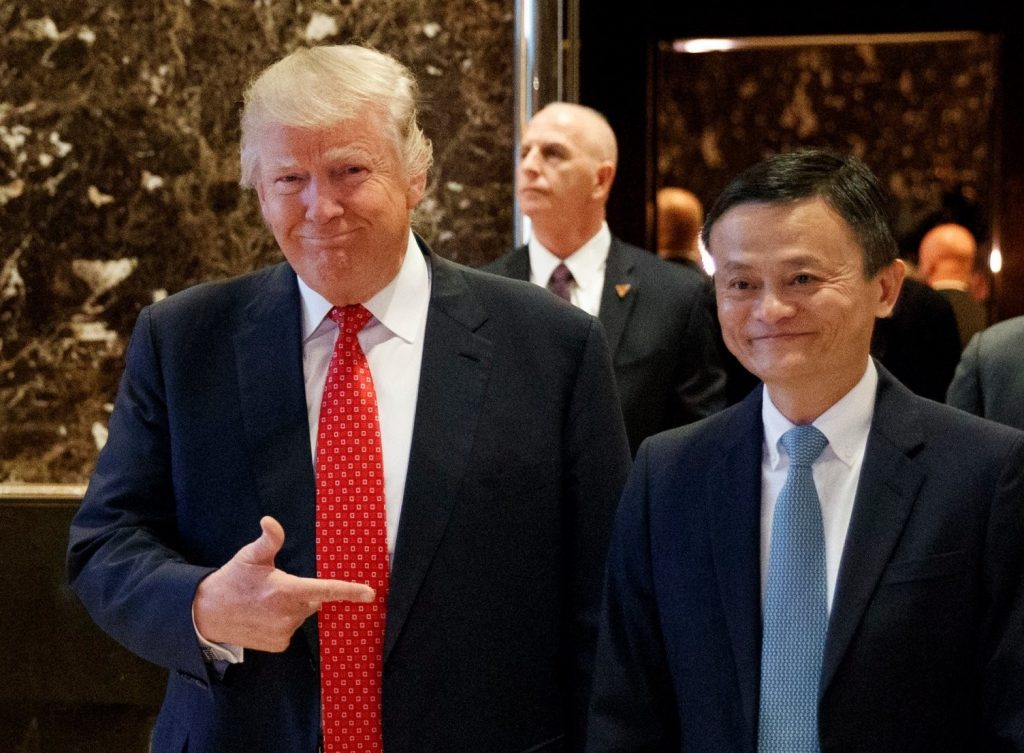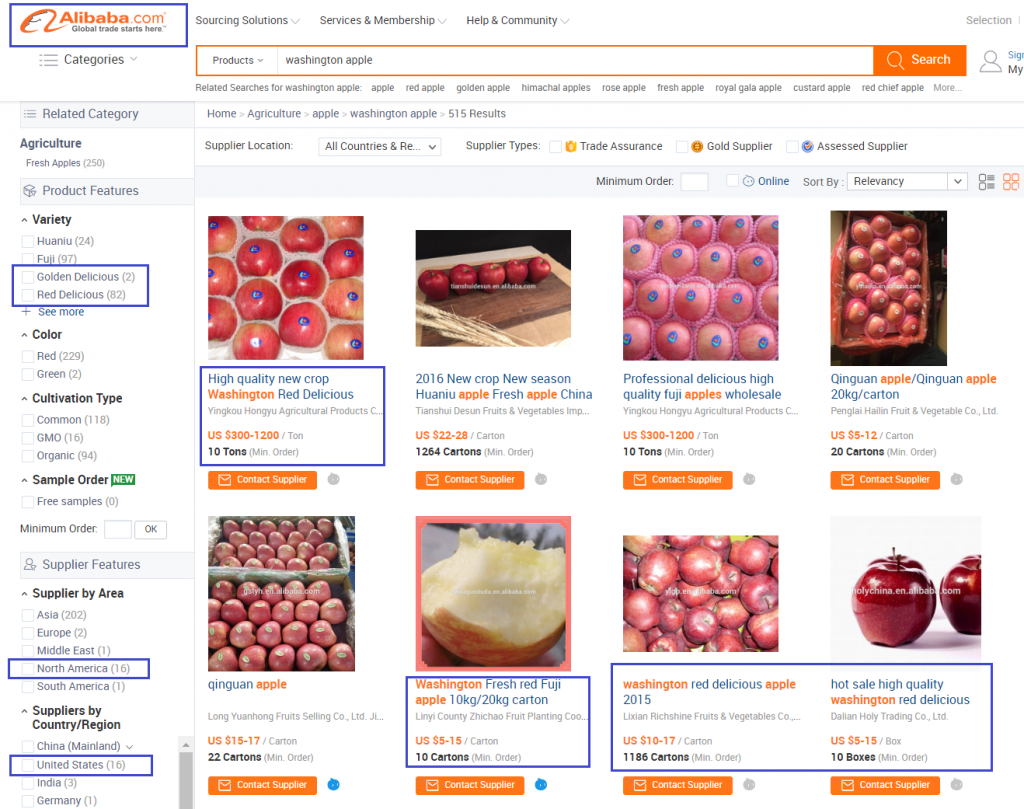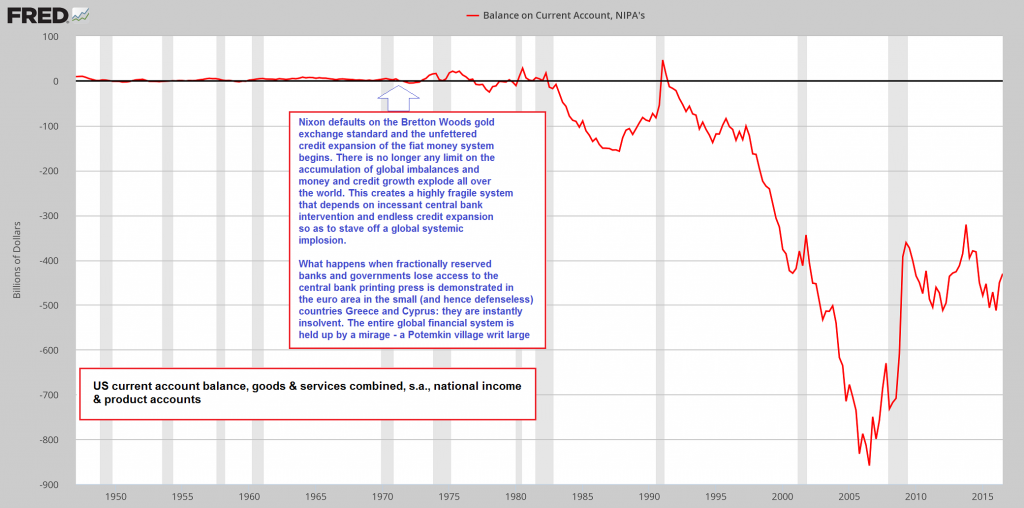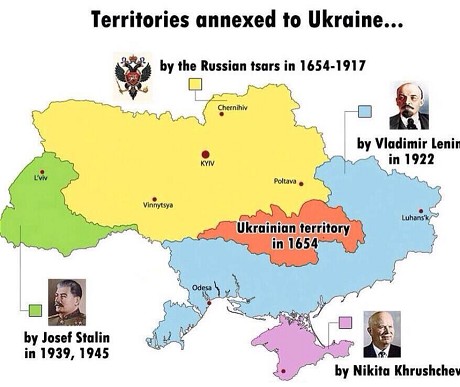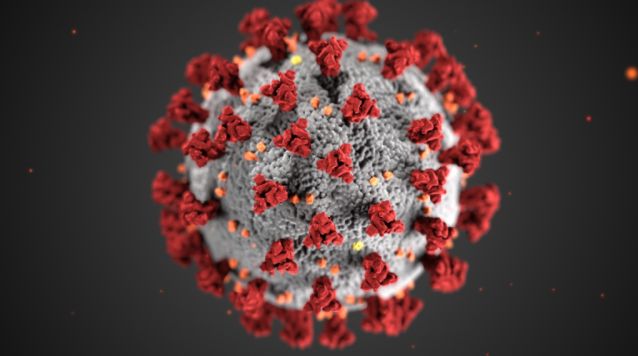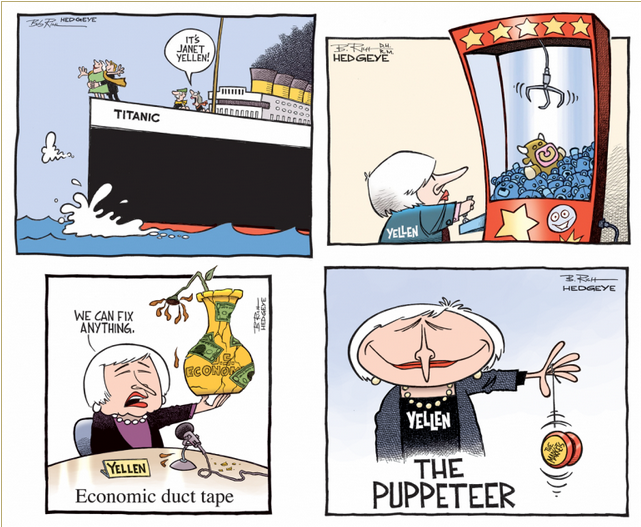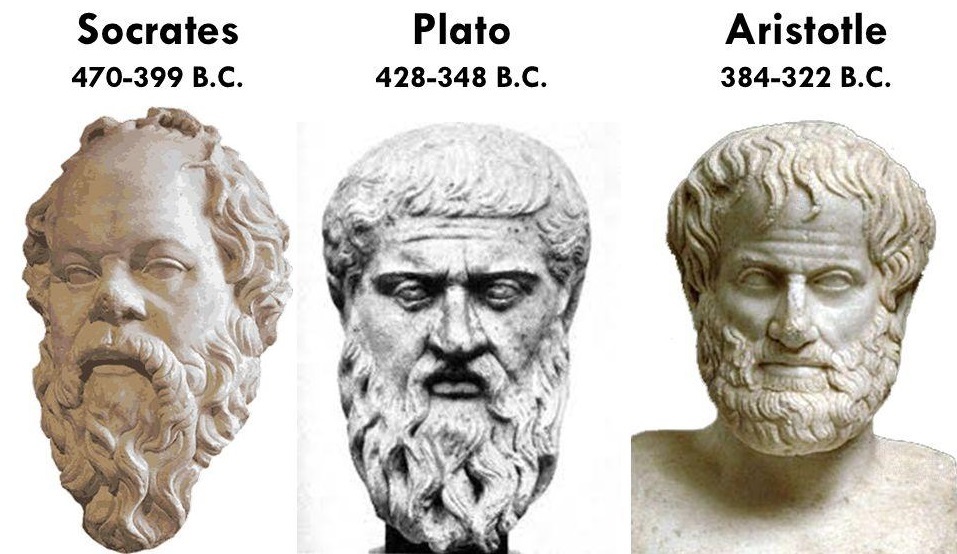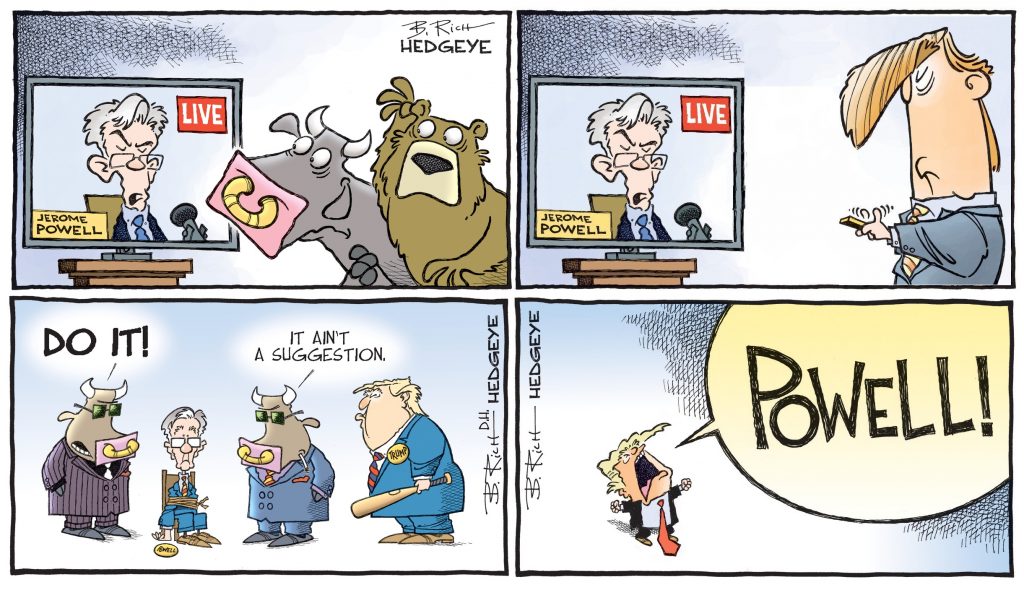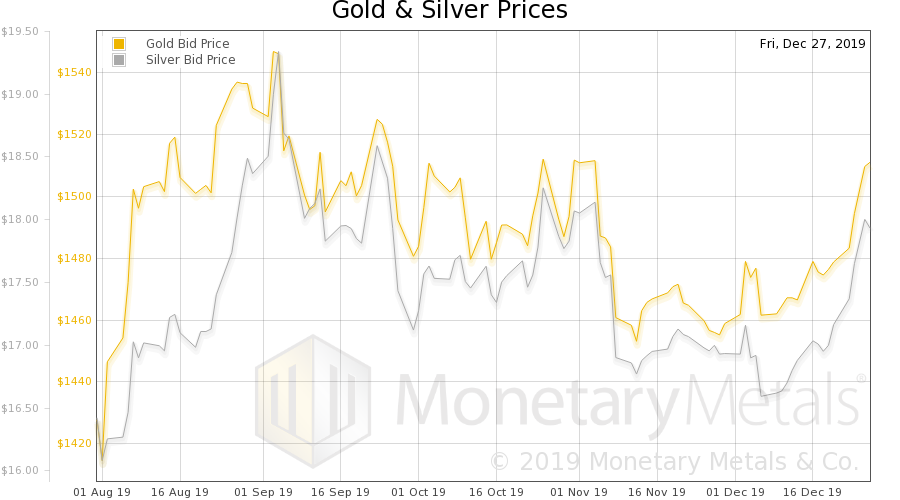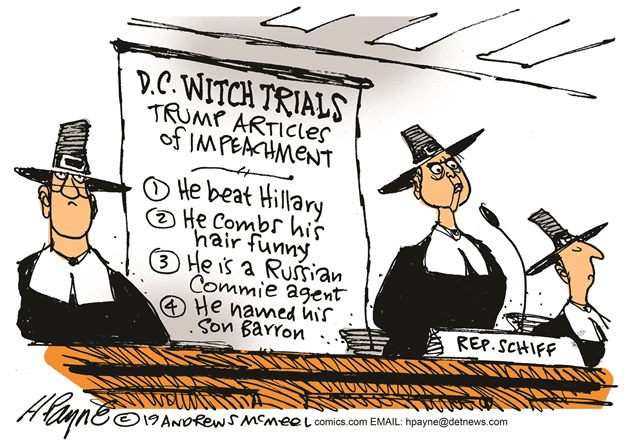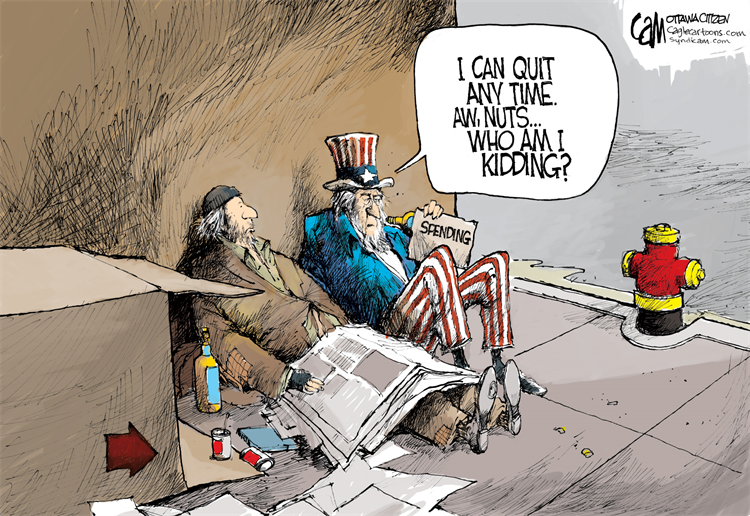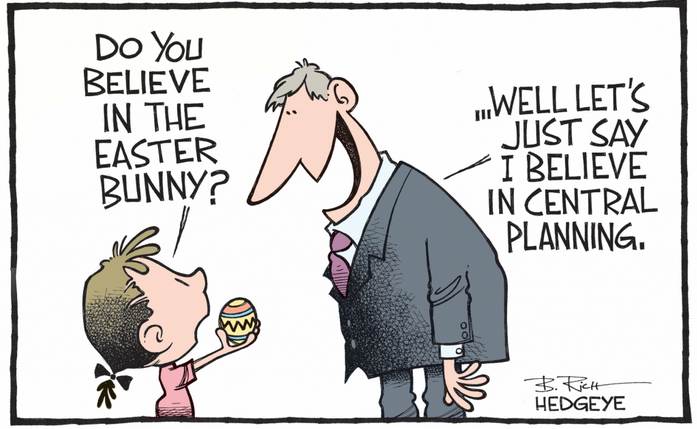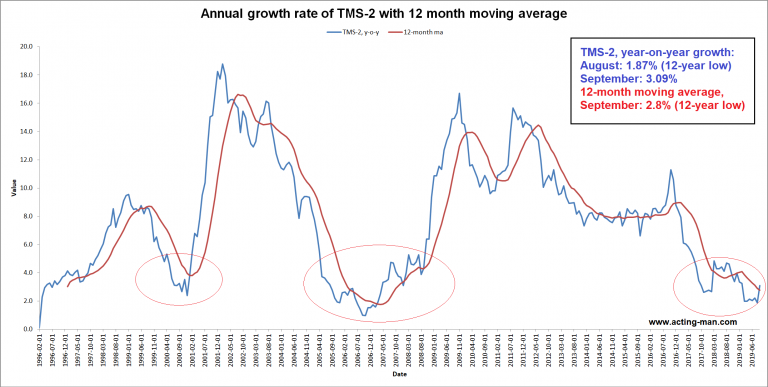Rags to Riches
|
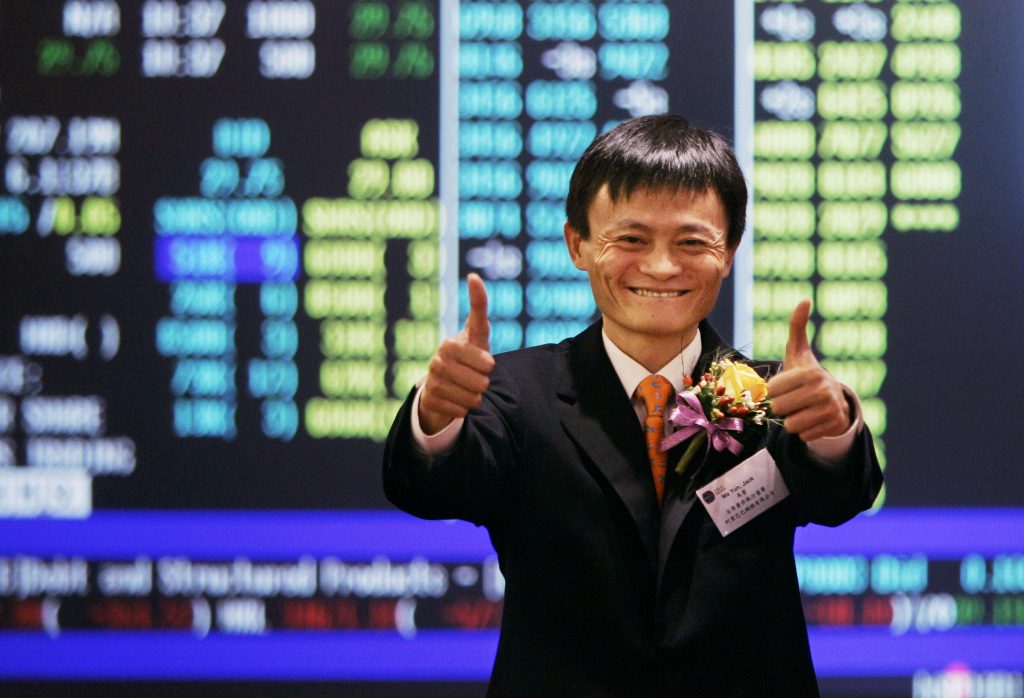 Jack Ma, founder and CEO of Alibaba, China’s largest e-commerce firm. Once he was a school teacher, but it turned out that he had enormous entrepreneurial talent and that the world of wheelers, dealers, movers and shakers was more his speed. Today he is one of the world’s small number of genuine self-made multi-billionaires. Photo credit: DFIC - Click to enlarge |
How to Create One Million New U.S. JobsOn Monday, Jack Ma visited the Trump Tower in New York. There he met with President-elect Donald Trump to talk business. Namely, they discussed how to loop the flow of money back to the West. “Jack and I are going to do some great things together,” said Trump following the meeting. Reportedly, they intend to create one million new U.S. jobs. Obviously, this is no easy feat. |
|
| The business plan to pull this off includes a simple two-step approach. As a matter of fact, it’s the sort of plan that was likely scratched out on the back of a cocktail napkin.
Step one involves signing up one million small and medium-sized U.S. businesses and farmers to the Alibaba platform. Step two, the more organic of the steps, is predicated on Ma’s intuitive estimation that each company will subsequently hire a new person because of the added commerce. Hence, that’s how Ma and Trump propose to create one million new U.S. jobs. Given the track records of these two fellows, is there any reason to believe that this plan won’t work? We know that U.S. consumers have a vast appetite for cheaply made Chinese goods. On the flip-side, we’re discovering that Chinese consumers have a vast appetite for U.S. produce. In fact, they’re already buying it via the internet. “U.S. produce sold on Alibaba’s platforms includes Pacific Northwest cherries, Washington State apples, and Alaskan seafood.” Who would’ve thought? |
|
Trump’s Plan to Close the Trade Deficit with ChinaThe U.S. has run a current account deficit, which reflects the amount of goods and services imported in excess of those exported, for the last 26-years. In just the third quarter of 2016, the current account deficit was $113 billion. In other words, the U.S. sent approximately $1.25 billion dollars more per day to other countries than it received through trade. Much of this trade deficit, no doubt, is being racked up with China. Perhaps the selling of cherries and apples on Alibaba by U.S. growers to Chinese consumers will help close the trade gap. Unfortunately, it’s unlikely these trade volumes will be high enough to make a meaningful dent. Another alternative to closing the trade deficit with China that Trump has mentioned involves jacking up tariffs on imports from China from about 3 percent to 45 percent. According to Gene Ma, chief economist for China at the Institute of International Finance:
|
US Balance on Current Account |
| Of course, if Trump were to proceed with this tariff plan, China would likely impose its own tariffs on U.S. imports. Thus Trump may succeed in closing the U.S. trade deficit with China. But he’d do so at the risk of inhibiting trade and diminishing wealth. That’s like cutting off one’s head to cure a headache.
As economist Henry Hazlitt explained many years ago, in Chapter 11 of Economics in One Lesson, Who is “Protected” by Tariffs:
|
 Henry Hazlitt’s excellent book Economics in One Lesson is one of the best books ever written for the purpose of introducing laymen to sound economic theory and concepts. As Ludwig von Mises once remarked: “Economics must not be relegated to classrooms and statistical offices and must not be left to esoteric circles. It is the philosophy of human life and action and concerns everybody and everything. It is the pith of civilization and of man’s human existence.” Photo credit: Nast Archive - Click to enlarge |
Chart by St. Louis Federal Reserve Research
Chart and image captions by PT
MN Gordon is President and Founder of Direct Expressions LLC, an independent publishing company. He is the Editorial Director and Publisher of the Economic Prism – an E-Newsletter that tries to bring clarity to the muddy waters of economic policy and discusses interesting investment opportunities.
Full story here Are you the author? Previous post See more for Next post
Tags: newslettersent,On Economy,On Politics









